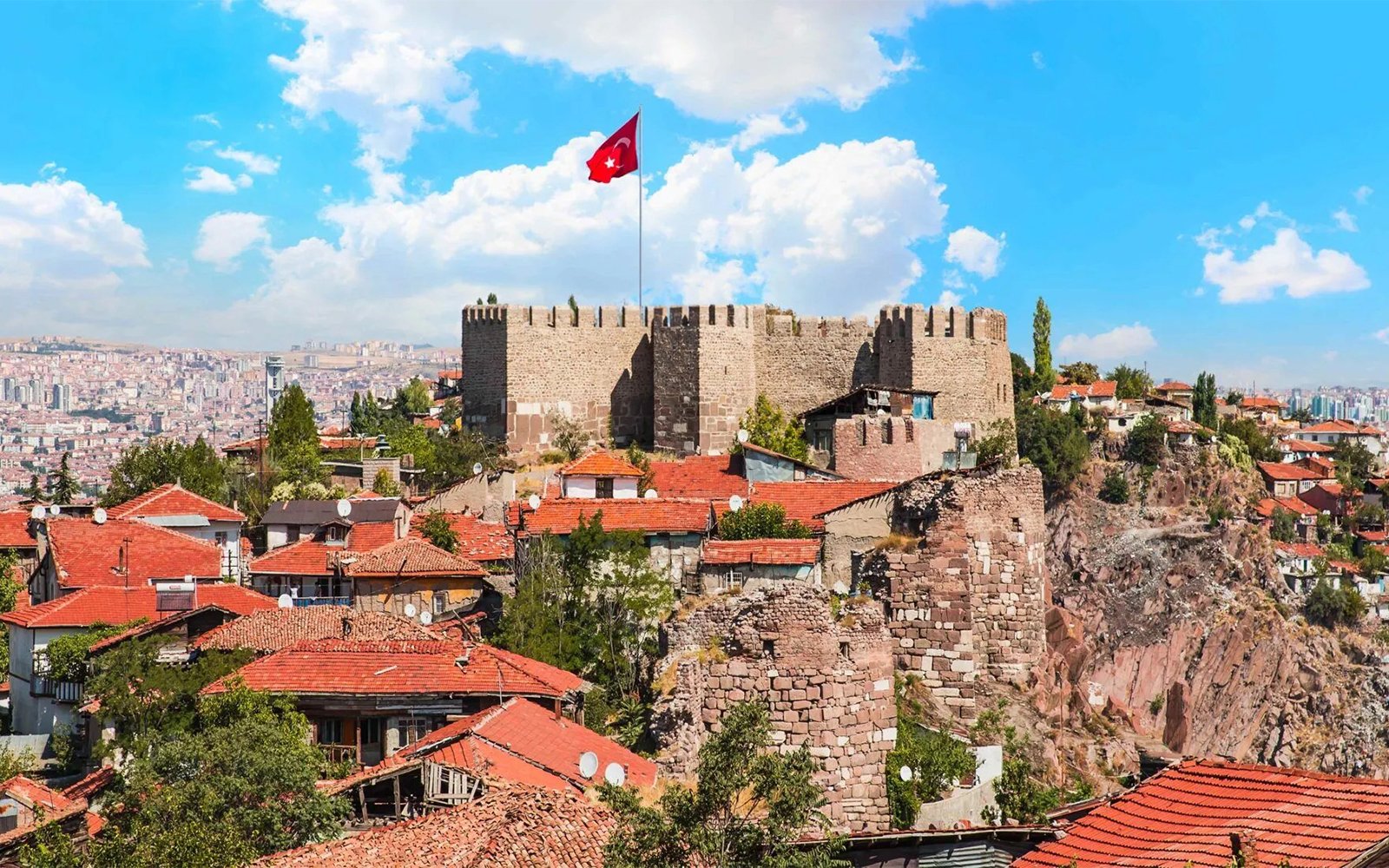Türkiye received $11.3 billion in foreign direct investments (FDIs) last year, despite the challenges in the global investment landscape, as the country maintained its attractiveness for international investors.
FDI inflows into Türkiye rose 5.6% year-on-year, data from the Turkish Central Bank showed
Within the body of your blog post lies the heart of your message. Break down your content into coherent sections, each with a clear heading that guides readers through the narrative. Dive deep into each subtopic, providing valuable insights, data, and relatable examples. Maintain a logical flow between paragraphs using transitions, ensuring that each point naturally progresses to the next. By structuring your body content effectively, you keep readers engaged and eager to learn more.
Türkiye upheld its position as a stable and competitive market at a time when investment flows were pressured worldwide, according to a recent statement by the country’s Investment Office. The largest FDI provider to Türkiye was the Netherlands, making up 23.6% of the total FDI inflows in 2024, followed by Germany with 11.5% and the US with 10.3%. Other notable countries with large FDIs were Ireland, Azerbaijan, Switzerland, the UK, the United Arab Emirates, France, and Norway.
The Turkish manufacturing sector attracted $2.3 billion in FDI, ranking first among other industries and accounting for 34.5% of the total FDI inflows, and rising 32.5%. Other FDIs in wholesale and retail trade made up 25.3%, and transportation and storage 7.2% of the total. Meanwhile, global FDI declined 8% last year, according to the UN Trade and Development (UNCTAD) Global Investment Trends Monitor. FDI inflows into Europe fell 45%, led by Germany and Poland, both down 60%, while FDI in Italy declined 35%, Spain 13%, and France 6%.
Ahmet Burak Daglioglu, president of Türkiye’s Investment Office, said in a statement that Türkiye continues to increase its attractiveness for international direct investments by continuing a structural transformation process aimed at strengthening the investment environment.
Daglioglu said that while uncertainties caused by negative developments such as low growth performance in the global economy and international trade volumes, a high inflation and interest rate environment, protectionist reflexes displayed by countries in trade and investment areas, fragmentation experienced in international economies and geopolitical tensions negatively affected the capacity of many countries to attract investments, Türkiye’s performance was remarkable.”


